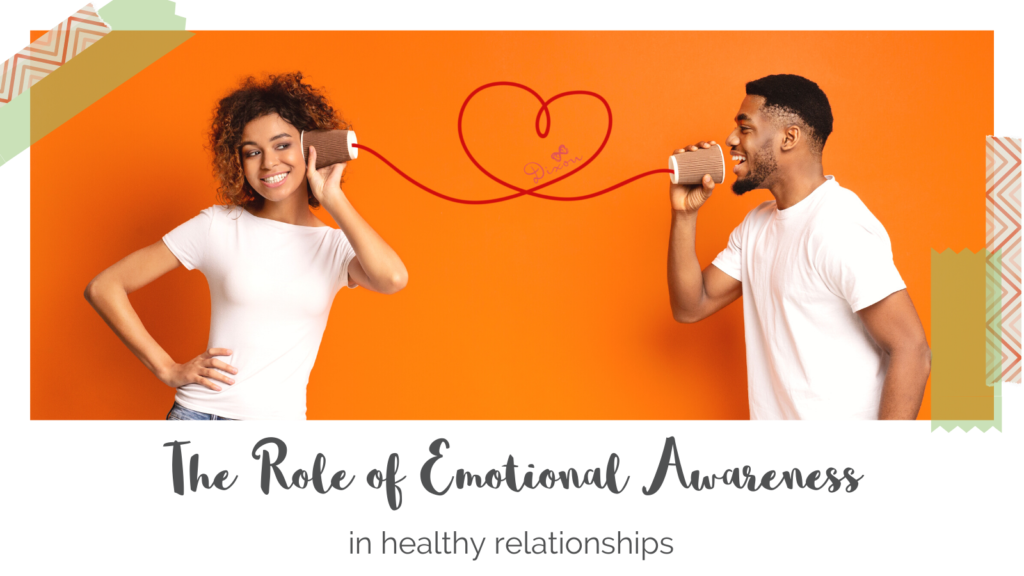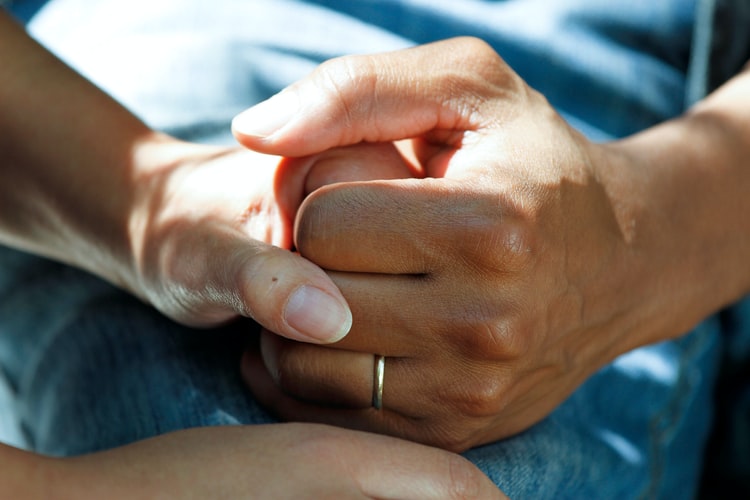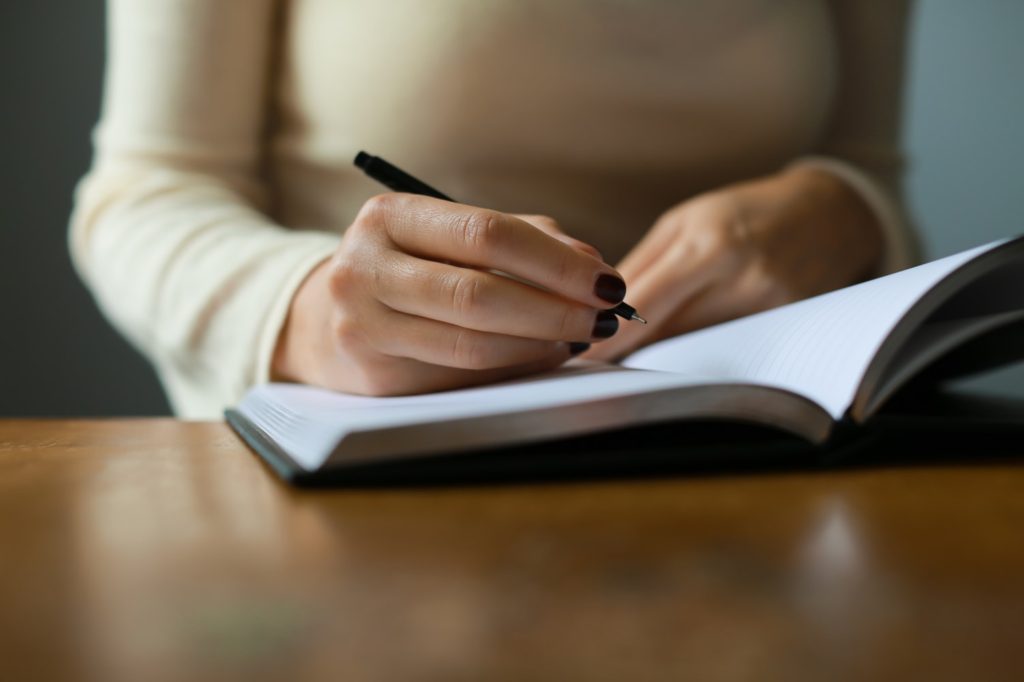
Have you ever had a relationship with someone who had a wall up? Who, no matter how close you were, seemed to avoid getting too close?
Maybe it was a parent. Maybe it was a friend. Maybe it was a partner.
Maybe it was you.
Even those in the healthiest of relationships can sometimes face difficulties in freely expressing themselves. After we have gotten to know a person, expressing our thoughts and feelings can still feel uncomfortable.
Why is this the case? Each relationship is unique, so there are a lot of possibilities. One potential factor may be emotional awareness (or a limited amount of it). Join us as we take a look at what emotional awareness is, why it is helpful and how you can foster it in yourself and others.
What is emotional awareness?
Emotional awareness is the ability to form and maintain emotional connections with others by allowing oneself to trust and be vulnerable with them. It is also our ability to coexist with challenging emotions in ourselves and others in such a way that we do not try to avoid, minimize or dismiss them.
Basically, emotional awareness is the state you’re in when you feel safe and comfortable enough with someone to open up. Additionally, it’s also what happens when you can “sit” with the challenging feelings within yourself and others without trying to judge, downplay or ignore them.
What affects emotional (un)awareness?
Emotional awareness is very fluid. Our ability to be emotionally aware can change depending on who we are interacting with. Likewise, events and experiences can also affect our emotional awareness. For many of us, opening up to others can feel very different after a major accomplishment versus after a major loss.
In some cases, emotional unawareness can be a learned response to past experiences of being hurt. In such cases, emotional unawareness may be a protective coping mechanism to protect oneself from being hurt again. The good news is, because emotional awareness may be learned, it can also be unlearned. It’s also important to note that emotional unawareness is not inherently problematic, so long as it does not interfere with one’s ability to form meaningful relationships.
We all have our moments of awareness and unawareness. People who are emotionally unaware can be quite candid in some situations, and vice-versa. Both emotional awareness and unawareness are part of being human and are perfectly natural.
Why is emotional awareness important for healthy relationships?
Emotional awareness can help us develop stronger, more intimate relationships. This is because being emotionally aware can allow oneself to express and feel more complex emotions in the presence of others. As a result, being emotionally aware can not only help us better understand our inner thoughts and feelings, but communicate them to others.
For example, being emotionally aware can be useful when setting healthy boundaries with others. As we’ve mentioned in a previous blog post, when discussing behaviours that hurt us, it may be useful to tell others why a behaviour is hurtful so they can better understand your perspective.
Let’s pretend you want to set a boundary with your partner about comments they make about your food. For some people, this may involve saying something like:
“I would like you to stop making negative comments about what I eat. If you have a concern about what I eat, I would appreciate it if you gave me constructive feedback instead. It may not be your intention, but sometimes these negative comments come across as a personal dig. Because of this, they often hurt me.”
As we can see in the quote above, expressing boundaries in a healthy way can often involve a lot of vulnerability. Accepting that you have challenging emotions is hard enough. Sharing these emotions with someone else can be even harder.
These concerns are certainly understandable. However, avoiding these kinds of conversations altogether can result in the neglect of your needs, and that’s not fair to you. Likewise, it can also be hurtful to your partner if they feel you pulling away and don’t know why. In these instances, emotional awareness is useful because the level of trust it involves can help facilitate effective communication.
How can I encourage emotional awareness in my relationships?
While there is no simple quick fix for emotional unawareness, fostering emotional awareness is something we all can do.
1) Explicitly tell your loved ones that their feelings are important to you
People can be uncomfortable sharing their thoughts and feelings for a variety of reasons. For example, many people are socialized into believing that relying on others for emotional support is weak. Some people might not feel comfortable confiding in others without being invited to.
In any case, letting your loved ones know that you value their emotional wellbeing is important to you and that you want to support them can be a great first step. It might seem obvious, but we all could use a little reminder every now and then.
2) Create a safe space for your loved ones through patience and validation
People can be emotionally unaware for a variety of reasons, so it’s important not to push others into sharing something they’re uncomfortable with. Instead, try thanking them for trusting you when they do confide in you and supporting them in those moments. Doing so can help dispel some of the anxiety or fears that a person may have about being vulnerable.
If your loved one’s unawareness is hurting you, having a conversation about it is fine (and probably a good idea!) However, it is important to give them time and opportunities to work on things following these conversations. Gentle reminders may help too.
3) Model emotional awareness in your own life
Relationships are a two-way street and seeing someone be open about their emotions can help a person feel more comfortable being expressive themselves. Being open about your positive & challenging feelings on a regular basis is a great place to start. Even acts as simple as demonstrating your appreciation in little ways, like compliments, can help lay the groundwork for emotional intimacy!
When it comes to challenging emotions, being aware of your own emotional triggers is an important first step. Knowing these can help you recognize what is happening within yourself in difficult conversations and develop the tools you need to manage challenging feelings.
If you have difficulties understanding your emotions, keeping a journal of your feelings and the surrounding events may help. Over time, re-reading these entries might help you identify your triggers. Furthermore, it can help you find the words you need to discuss difficult feelings in a healthy manner.
Similarly, mindfulness exercises can be beneficial. Feeling strong emotions can be a very physical experience. Practicing things like yoga, body scan meditation or deep breathing exercises can help you get in touch with how your body feels when you’re feeling a certain emotion. Knowing this can be helpful when you need to communicate your wants & needs to others.
Finally, if you struggle with emotional unawareness and are having difficulty overcoming it in your relationships, seeking professional advice may be of benefit. Professionals may be able to help you develop tools, strategies and different perspectives. All of these things can be helpful to each of us at some point in our lives.






